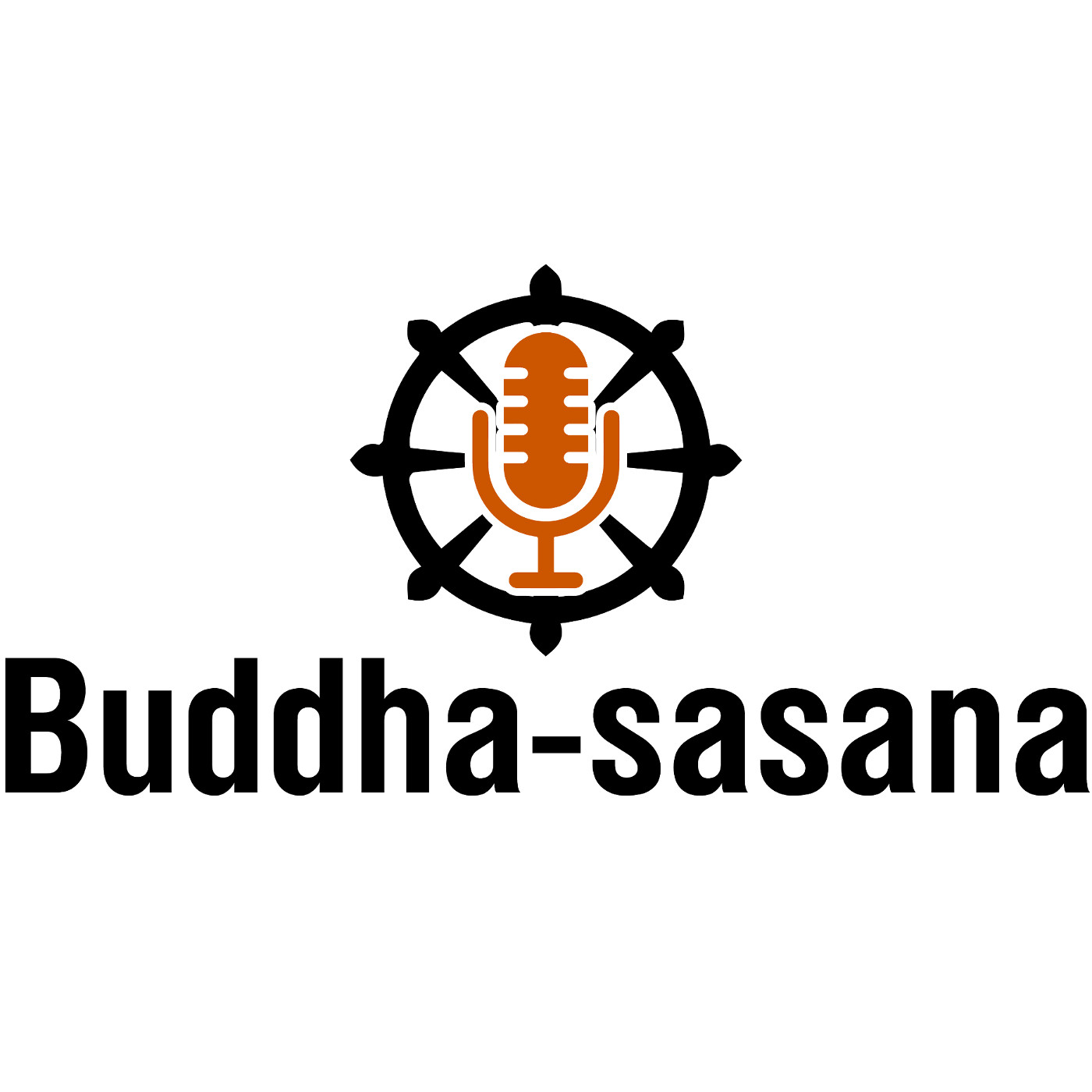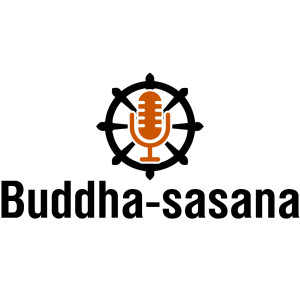
28.5K
Downloads
209
Episodes
This podcast consists of Dharma talks given by Bhikkhu Cintita of the Sitagu Monastery in Austin, TX. Each talk illuminates some aspect of the Buddha's teachings. Bhikkhu Cintita (or "BC") is an American-born, Burmese-ordained monk in the Theravada tradition and a former Zen priest. Before that he was a professor and corporate researcher in cognitive science and artificial intelligence. He has written five books on Buddhism and is always working on another.
This podcast consists of Dharma talks given by Bhikkhu Cintita of the Sitagu Monastery in Austin, TX. Each talk illuminates some aspect of the Buddha's teachings. Bhikkhu Cintita (or "BC") is an American-born, Burmese-ordained monk in the Theravada tradition and a former Zen priest. Before that he was a professor and corporate researcher in cognitive science and artificial intelligence. He has written five books on Buddhism and is always working on another.
Episodes

Friday Jan 12, 2024
A history of emptiness
Friday Jan 12, 2024
Friday Jan 12, 2024
The teaching of emptiness is often considered to be an innovation of Nagarjuna or of the Prajnaparamita Sutras. However this important teaching had been expounded by the Buddha many centuries before, but has become obscured. But how? (Rebroadcast 1/12/2024, originally podcast 7/16/2021)

Friday Jan 05, 2024
The Buddha’s Method 2/2: insubstantial and conditional
Friday Jan 05, 2024
Friday Jan 05, 2024
The Buddha clarifies an explicit methodology which is nonetheless often overlooked by students of the Dharma. Much of this has to do with the practical and experiential orientation of the Dharma. The Buddha's methodology furthermore involves regarding the world as both insubstantial and conditional. (Repodcast 1/5/2024, originally podcast 7/30/2021).

Friday Dec 29, 2023
The Buddha’s Method 1/2: practical and subjective
Friday Dec 29, 2023
Friday Dec 29, 2023
The Buddha clarifies an explicit methodology which is nonetheless often overlooked by students of the Dharma. Much of this has to do with the practical and experiential orientation of the Dharma. (Repodcast 12/29/2023, originally podcast 7/23/2021).

Friday Dec 22, 2023
What did the Buddha think of women?(2/2)
Friday Dec 22, 2023
Friday Dec 22, 2023
Last week's talk demonstrated the exemplary support the Buddha provided to women's practice. This week we will look at a controversial text, describing with the origin of the nun's sangha, that at first sight seems to paint a starkly contrasting picture of the Buddha. (repodcast 12/22/2023, originally podcast 6/5/2020)

Friday Dec 15, 2023
What did the Buddha think of women? (1/2)
Friday Dec 15, 2023
Friday Dec 15, 2023
Buddhism is not widely known as a religion of gender-equality. But the early the discourses show repeatedly that the Buddha had the deepest kindness and respect for women, as particularly evident in his treatment of the nun's Sangha. (repodcast 12/15/2023, originally podcast 5/29/2020)

Friday Dec 08, 2023
The four noble truths
Friday Dec 08, 2023
Friday Dec 08, 2023
The wide-ranging teaching of the four noble truths can come under satipaṭṭhāna investigation if we look for its observables in those texts that are more nuts-and-bolts in style, although the fourth noble truth, when equated with the path itself, is more difficult to accommodate.. (Satipaṭṭhāna Exercise Instructions 12, 12/8/2023)

Friday Dec 01, 2023
The seven awakening factors
Friday Dec 01, 2023
Friday Dec 01, 2023
The awakening factors describe the growth of samādhi that is readily experienced within satipaṭṭhāna practice per se. This exercise should be assimilated as in routine monitoring of the constellation of satipatthana factors alive in other exercises. (Satipaṭṭhāna Exercise Instructions 11, 12/1/2023)

Friday Nov 24, 2023
The sixfold sphere
Friday Nov 24, 2023
Friday Nov 24, 2023
We look at the dhamma and the observables involved in comprehending the six senses of eye, ear, nose, tongue, body and mind. (Satipaṭṭhāna Exercise Instructions 11, 11/24/2023)

Friday Nov 17, 2023
The five aggregates
Friday Nov 17, 2023
Friday Nov 17, 2023
The appropriation-aggregates (form, feeling, perception, fabrication and cognizance) represent one of the most fruitful themes of satipatthana contemplation. (Satipaṭṭhāna Exercise Instructions 10, 11/17/2023)

Friday Nov 10, 2023
The five hindrances
Friday Nov 10, 2023
Friday Nov 10, 2023
The five hindrances fall under the fourth (dhamma) satipaṭṭhāna. Verifying and internalizing their understanding is an aid in general Buddhist practice, and only secondarily in quelling the presumption of self. (Satipaṭṭhāna Exercise Instructions 9, 11/10/2023)
